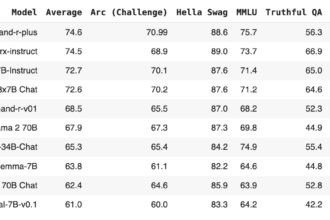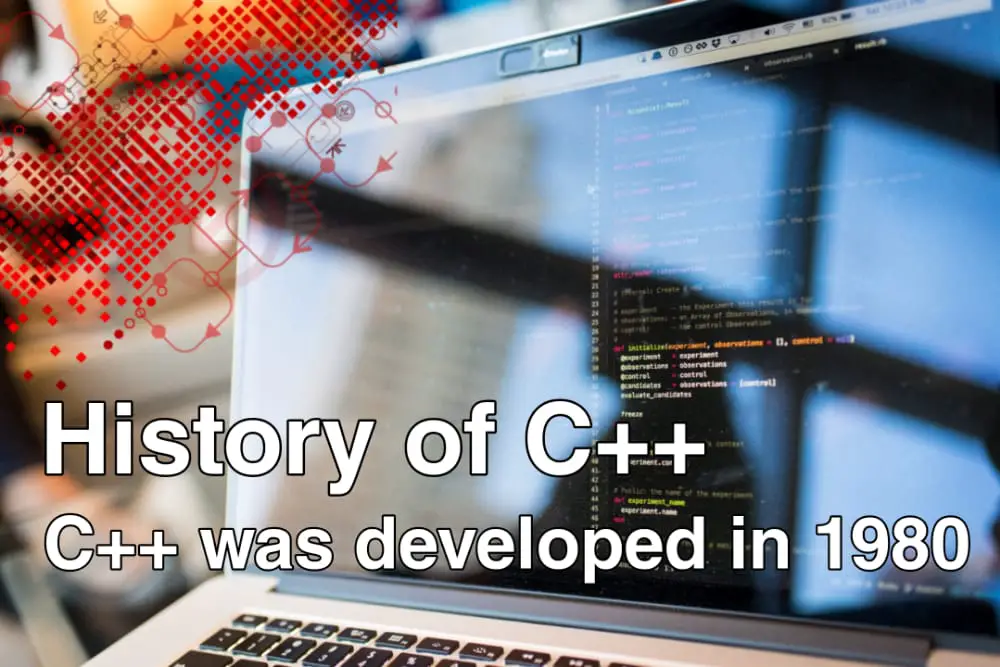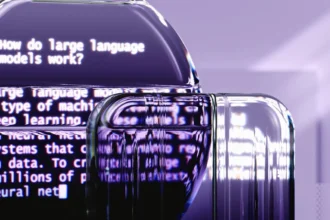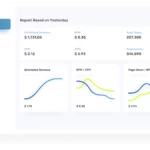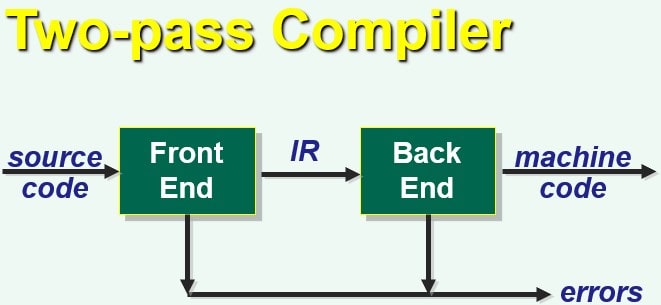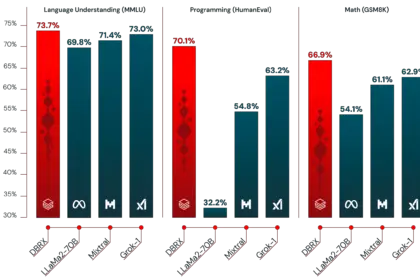It is interesting to know the history of C++. Here we are going to discuss a brief history of C++ language.
In 1967, the BCPL language was developed by Martin Richards. The BCPL language was used to write operating systems and compilers.
Two years later, Ken Thompson developed a B programming language. The B programming language had more advanced features than the BCPL.
The UNIX operating system was first developed in 1970 at Bell Laboratory. Both BCPL and B were “type-less” languages. Thus, every data item in these languages captures a “word” in memory.
Development of C Language
In 1972, Dennis Rich developed the C language at Bell Laboratory. C language was a modern version of B language. It contained many important concepts of BCPL and B. New features, such as data typing and many other functions, were also added to C.
The next version of UNIX was revised and written in C. C language was developed as a computer-free language. The program written in C can be run on any computer.
C++ history starts in 1980
In the early 1980s, C++ was developed by Bjarne Stroustrup. This was an extension of C. It was designed for the UNIX system environment. C++ enabled programmers to improve code quality. This included object-based programming. Bjarne Stroustrup is said to be the founder of the C++ language.
The C++ programming language dates back to 1979 when Bjarne Stroustrup was working on his PhD dissertation. One of the languages that Stroustrup had the opportunity to work with was Simula, which was primarily designed for simulation.
Object-Oriented Programming Language
The Simula 67 language – with which Stroustrup worked – is considered the first language to support the Object-Oriented Programming Paradigm. Stroustrup found that this model is very useful for software development, however, Simula language is very slow for practical use.
Shortly afterwards, he began working on “C Wood Classes,” the name suggests that the C language was supposed to be a superset. The goal was to incorporate object-oriented programming into the C language, which was and still is a respected language for its portability without sacrificing speed or low-level functionality.
The language included all the features of the C language, as well as classes, basic inheritance, inline, default function arguments, and strong type testing.
C++International Names
In 1983, the name of the language was changed from C to C++. The C++ operator in C language is an operator for extending the variable, providing some insight into how Stroustrup viewed the language.
Many new features were added around this time, including the most notable virtual functions, function overloading, & citations with symbols, const keyword, and single-line comments using two forward slashes (which that language is a feature derived from BCPL).
In 1998, the C++ Standards Committee published the first international standard for C++ ISO/IEC 14882:1998, which will be informally known as C++ 98. Explained C++ references are said to have a major impact on quality development.
C++ Standard Libraries
The standard template library, which began its conceptual development in 1979, was also included. In 2003, the committee responded to several issues that were reported with its 1998 standard and revised accordingly. The modified language was dubbed C++ 03.
In mid-2011, the new C++ standard (dubbed C++ 11) was completed. The Boost library project had a significant impact on the new standards, and some of the new modules were derived directly from the respective Boost Libraries.
Some new features include regular expression support (details of regular expressions can be found here), a comprehensive randomization library, a new C++ time library, atomics support, and a standard threading library (which was lacking in both C and C++ until 2011).
A new for loop syntax that provides similar functionality for each loop in some other languages, better support for an auto keyword, new container classes, unions and row start lists, and variable templates.


